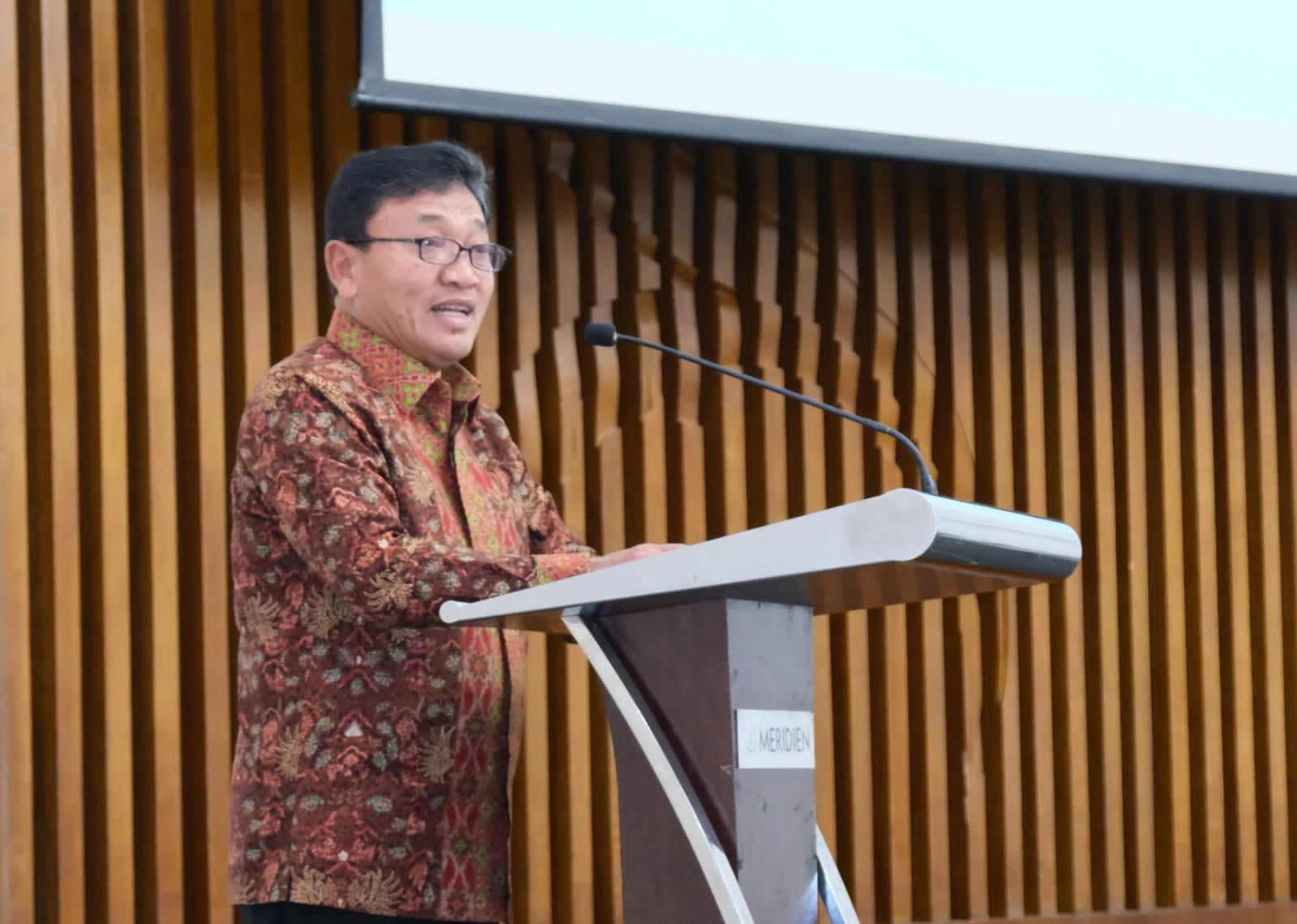PT Bank Syariah Indonesia Tbk (BSI), together with the Indonesian Sharia Banking Association (Asbisindo), reaffirmed the industry’s commitment to leading in the new era of sustainable finance (1/10).
This step is marked by a proactive approach to addressing the integration of Environmental, Social, and Governance (ESG) principles with the International Financial Reporting Standards (IFRS S1 and S2), which are set to be adopted.
National and Global Stakeholders Unite
BSI, Asbisindo, the United Nations Development Programme (UNDP), and the United Nations Environment Programme Finance Initiative (UNEP FI) jointly held the Roundtable Discussion on ESG.
The event brought together the Financial Services Authority (OJK), the Indonesian Institute of Accountants (IAI), and leaders of Islamic Commercial Banks and Islamic Business Units to align efforts and shape the industry's adaptation strategy.
The event also marked the formation of the Sustainability Working Group under Asbisindo.
ESG: From Compliance to Strategic Necessity
BSI Vice President Director, Bob Tyasika Ananta, stated that ESG implementation in sharia banking is no longer only about regulatory compliance but has become a strategic need.
“ESG application is now a primary metric for global investors, rating agencies, and customers. With OJK planning to revise POJK 51/2017 and adopt IFRS S1 and S2, sustainability reporting must be fully integrated into business strategy and risk management,” said Bob in his speech.
Maqashid Syariah as an ESG Foundation
He highlighted that sharia banking holds a fundamental advantage because ESG values are deeply aligned with the principles of Maqashid Syariah—justice, sustainability, and public benefit.
However, he acknowledged the sector faces technical and conceptual challenges. The industry must translate contracts, financing structures, and ethical sharia principles into measurable, globally recognized metrics under the IFRS framework.
“For sharia banking, ESG is highly relevant because its values are already embedded in Islamic principles. Our challenge is transforming those core values into systems, policies, and measurable metrics that are globally recognized. The sharia principles that emphasize sustainability and avoiding harm give us a strong foundation to meet these standards with a unique narrative,” Bob stated.
Supporting Industry Transition Through Dialogue
The roundtable served as a collaborative forum to deepen understanding of core requirements in IFRS S1 (sustainability disclosure) and IFRS S2 (climate risk).
It also addressed practical challenges in implementing these standards within sharia banking operations and explored opportunities for developing technical guidance to support the sector’s transition.
“We hope the formation of the Sustainability Working Group under Asbisindo becomes a lasting platform to exchange perspectives, share best practices, and provide input to regulators—ensuring that Indonesian sharia banking is not only prepared but ready to lead the sustainable finance agenda,” said Bob.
PHOTO: BSI
This article was created with AI assistance.
Read More






 Tuesday, 24-02-26
Tuesday, 24-02-26







